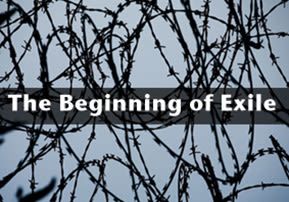
Vayigash: The Beginning of Exile
Could Yaakov have imagined that the remaining 17 years of his life would transpire in a country so foreign to everything he believes in?

ה וַיָּ֥קָם יַֽעֲקֹ֖ב מִבְּאֵ֣ר שָׁ֑בַע וַיִּשְׂא֨וּ בְנֵֽי־יִשְׂרָאֵ֜ל אֶת־יַֽעֲקֹ֣ב אֲבִיהֶ֗ם וְאֶת־טַפָּם֙ וְאֶת־נְשֵׁיהֶ֔ם בָּֽעֲגָל֕וֹת אֲשֶׁר־שָׁלַ֥ח פַּרְעֹ֖ה לָשֵׂ֥את אֹתֽוֹ
:ו וַיִּקְח֣וּ אֶת־מִקְנֵיהֶ֗ם וְאֶת־רְכוּשָׁם֙ אֲשֶׁ֤ר רָֽכְשׁוּ֙ בְּאֶ֣רֶץ כְּנַ֔עַן וַיָּבֹ֖אוּ מִצְרָ֑יְמָה יַֽעֲקֹ֖ב וְכָל־זַרְע֥וֹ אִתּֽוֹ
So Ya’akov arose from Be’er Sheva; the sons of Yisroel transported Ya’akov their father, as well as their young children and wives, in the wagons which Pharaoh had sent to transport them. They took their livestock and their wealth which they had amassed in the land of Canaan and they came to Egypt . . .(Bereishit 46:5-6)
And so the exile began. Twenty-two years earlier Ya’akov had returned home to Be’er Sheva and his family from the house of Lavan in Padan Aram, with the hope of living out the rest of his life there. Could he have known then that the remaining seventeen years of his life would transpire in a country even more foreign than the one to which he had escaped to avoid his furious brother, Eisav?
For a Torah-Jew, Egypt was a frightening place, even for the great Ya’akov Avinu. Everything about Egypt ran contrary to the Torah’s point of view about life. Yet, that was where G-d had sent the Torah nation of that time, into the heart of spiritual impurity, of all places, in order to become a nation, which we did, but at a tremendous cost.
The rate of assimilation had been tremendous, and even from those family lines which did last the full 210 years, four-fifths of them died in the Plague of Darkness, not wanting to leave Egypt for Eretz Yisroel.
Why was it necessary?
The truth is, not all the answers have been given to us, and we’ll understand a lot more after Mashiach arrives; it should be in our time. However, a lot of times the end reflects back on the beginning, which provides insight into an unclear situation.
The Torah makes the following comment regarding the night that the exodus from Egypt actually began:
:ז וּלְכֹ֣ל | בְּנֵ֣י יִשְׂרָאֵ֗ל לֹ֤א יֶֽחֱרַץ־כֶּ֨לֶב֙ לְשֹׁנ֔וֹ לְמֵאִ֖ישׁ וְעַד־בְּהֵמָ֑ה לְמַ֨עַן֙ תֵּֽדְע֔וּן אֲשֶׁר֙ יַפְלֶ֣ה יְהֹוָ֔ה בֵּ֥ין מִצְרַ֖יִם וּבֵ֥ין יִשְׂרָאֵֽל
But against the Children of Israel, no dog shall whet its tongue, against neither man nor beast, so that you shall know that G-d will have differentiated between Egypt and Israel.(Shemot 11:7)
Curious. We know that Pesach is called “Passover” because G-d differentiated between the Jewish people and the Egyptians by “passing” over the homes of the former to plague the latter. What role did the dogs play in this all-important theme of the Egyptian exile and redemption?
As we have mentioned on so many occasions, even though dogs, traditionally, are considered to be “man’s best friend,” which they certainly can be, Kabbalistically, they represent one of the worst nations the world has ever known . . . the antithesis of the Jewish people – Amalek:
:ח וַיָּבֹ֖א עֲמָלֵ֑ק וַיִּלָּ֥חֶם עִם־יִשְׂרָאֵ֖ל בִּרְפִידִֽם
Then came Amalek and warred with Israel in Refidim.(Shemot 17:8)
 THEN CAME AMALEK:The Torah placed this section close to this verse to say:
THEN CAME AMALEK:The Torah placed this section close to this verse to say:
ז וַיִּקְרָא֙ שֵׁ֣ם הַמָּק֔וֹם מַסָּ֖ה וּמְרִיבָ֑ה עַל־רִ֣יב | בְּנֵ֣י יִשְׂרָאֵ֗ל וְעַ֨ל נַסֹּתָ֤ם אֶת־יְהֹוָה֙ לֵאמֹ֔ר הֲיֵ֧שׁ יְהֹוָ֛ה בְּקִרְבֵּ֖נוּ אִם־אָֽיִן
“I am always amongst you and ready to take care of your needs, and you ask, ‘Is God amongst us or not?‘ (Shemot 17:7). By your life! The dog (Amalek) will come and bite you and make you call out to Me, and then you will know where I am!” (Rashi)
In fact, the Zohar warns:
If they [Israel] do not merit it, then a dog will descend. What is the name of that dog? Biladan is its name. (Zohar, Introduction, 6b)
In other words, from the Zohar, the concept of the dog does not have a positive connotation.
On the other hand, we also know that most concepts have two sides to them, and therefore, even the idea of a dog can represent either good OR bad. Thus, a hero of the Jewish people was Kalev ben Yehuneh – one of the twelve spies who spied Eretz Yisroel, but only one of two who came back with a favorable report – his name is spelled the same as “kelev,” though pronounced differently.
The question is, what does the reference to the dogs in Parshat Bo mean in light of all of this?
“. . . Another question I (Rebbi Chanina) asked him (Rebbi Eliezer) was, ‘What does Refidim mean?’ He answered me that it was merely the name of the place . . . Rebbi Yehoshua said, ‘They weakened (rifu) themselves with respect to Torah.’” (Bechorot 5b)
In other words, often the names of the locations at which the Jewish people camped during their forty years in the desert were not what the places were previously called, if they had previously been called anything at all. Rather, the Torah named them what they are called now, because the names themselves revealed what occurred to the Jewish people there, whether for good or bad.
Since the battle against Amalek had been such a significant event, Rebbi Chanina had assumed the name of the place at which the battle had occurred, “Refidim,” must somehow reflect why it had occurred. Rebbi Eliezer had not seen anything in the name to be of any significance. However, Rebbi Yehoshua had, and his explanation fit perfectly with the entire concept of Amalek, whose goal it is to sever the Jewish people from Torah.
For, the gematria of Amalek is “doubt” (suffek: ספק samech-peh-kuf), indicating that it is Amalek’s main goal to create doubt in the minds of the Jewish people, specifically with regard to their uniqueness, and particularly with regard to Divine Providence. It doesn’t bother them that they die in the process; just as long as they are able to hurt the Jewish people and give the impression that G-d does not protect His “own” people.
Since Egypt in Hebrew is made up of two parts, “meitzer” and “yumm,” the rabbis teach that Egypt was a place that constricted (“meitzer“) and Divine knowledge (“yumm” which equals 50 in gematria), that is, the Fifty Gates of Understanding that make the reality of G-d crystal clear. In this respect, Mitzrayim was an extension of Amalek, leaving the Jew with a sense of despair, and little belief in his uniqueness.
However, those who had fallen for this and had been lost in the Plague of Darkness had left the “show” too early. All of the plagues had been part of a build-up to a level of clarity that would completely and utterly neutralize Amalek, leaving him no room whatsoever to cause any fermentation of doubt in the minds of the remaining Jews. This was symbolized by the fact that the “dogs” of Egypt had cooperated fully by abstaining from what they do so naturally and best: bark and whet their tongues.
The same clarity, however, did not come to the Egyptians, who, in spite of all they had seen and witnessed, still pursued the fleeing Jewish people to re-enslave them. In this, there was a great differentiation between the Jewish people and the Egyptians themselves, once reminiscent of the following distinction, which in itself is connected to the Chanukah message:
He [God] made a separation in the illumination of the Light, that it should not flow or give off light except for the righteous, whose actions draw it down and make It give off light. However, the actions of the evil block it, leaving them in darkness, and this itself was the hiding of the Light. (Sha’arei Leshem, p. 133)
It is this light that Kalev ben Yefuneh accessed to see the value of Eretz Yisroel, while the rest of the spies, other that Yehoshua himself, remained in doubt about the importance and wisdom of entering the land. In short, it is the light that forces away the doubt of Amalek and “silences the dogs,” so-to-speak. In short, it is what turns the “kelev” into a “Kalev,” and in a very real sense, that is precisely what Ya’akov’s family went down to Egypt to achieve.


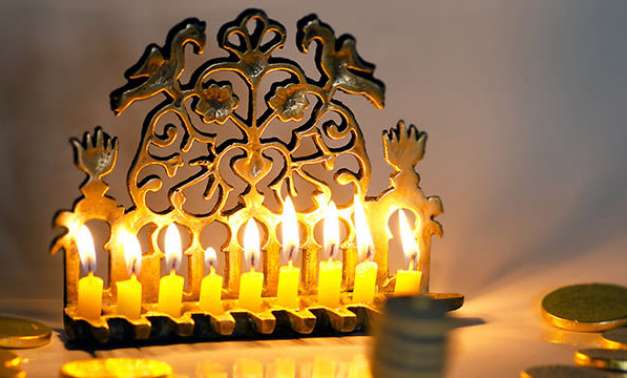

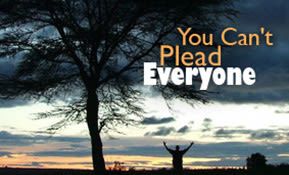
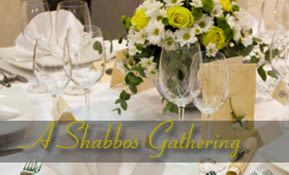
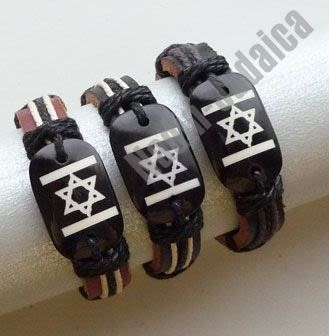

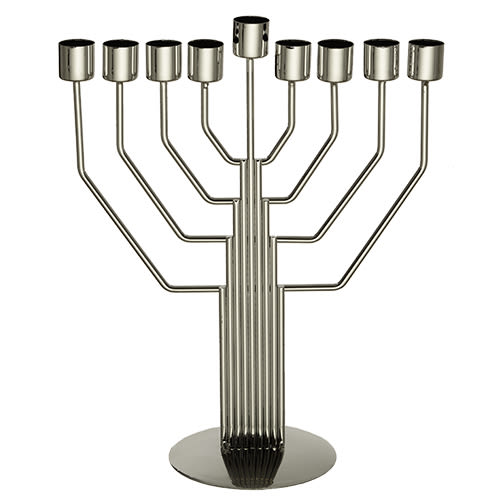
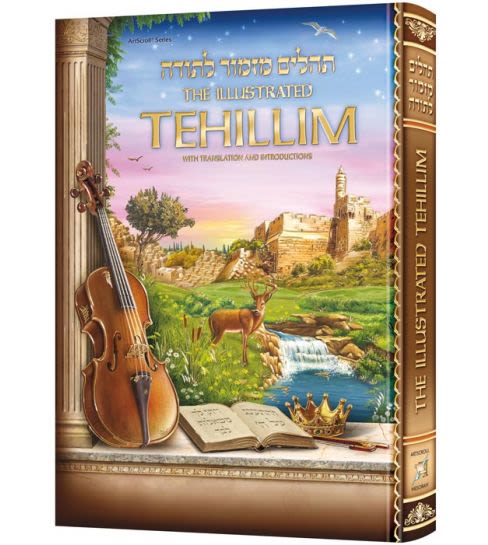
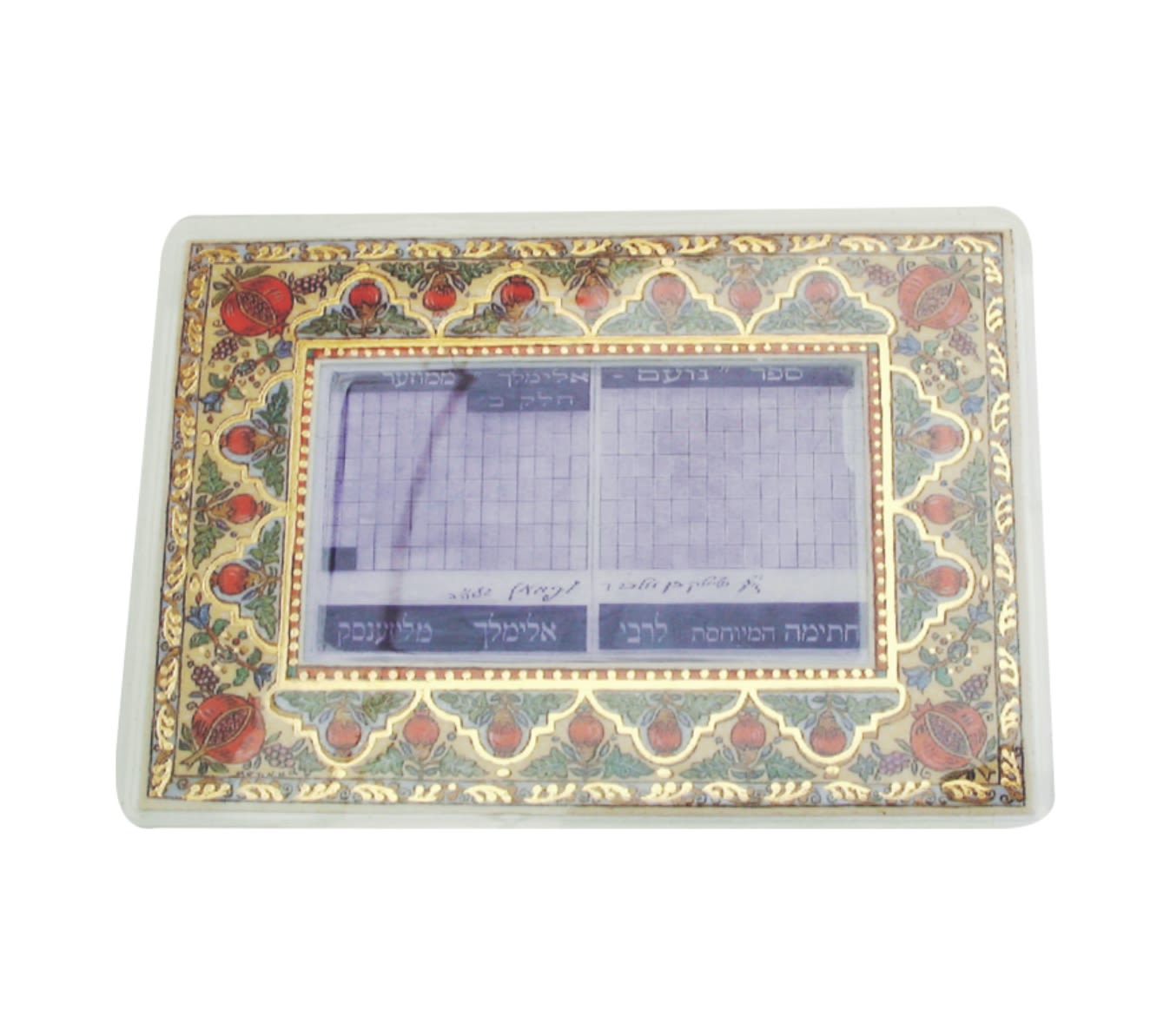
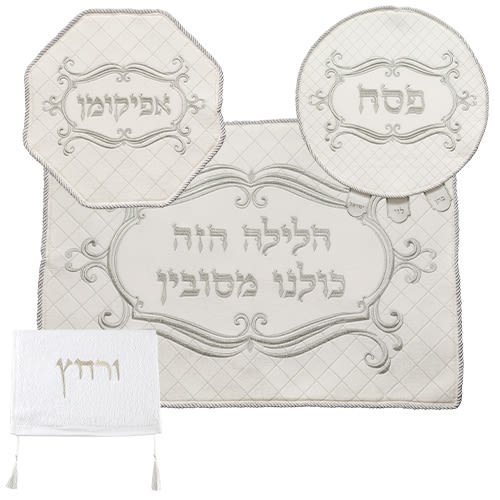
Tell us what you think!
Thank you for your comment!
It will be published after approval by the Editor.